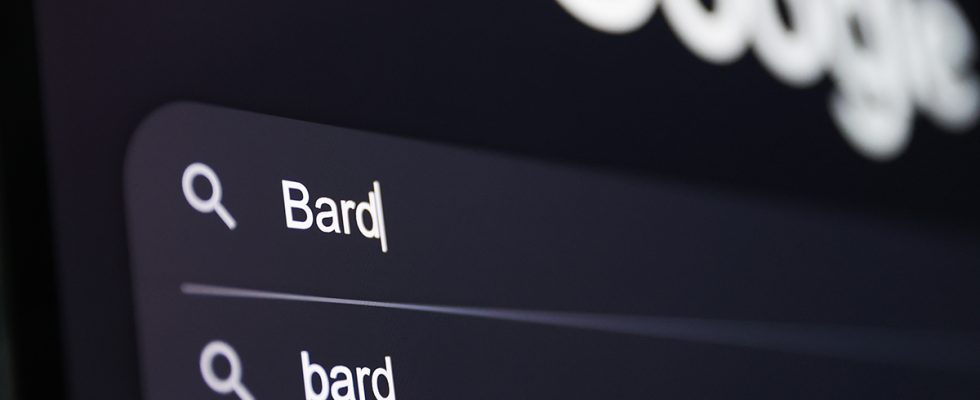Google has for years taken the top spot at the top of the search engine hierarchy. As a result, expectations for Google’s AI chatbot, Bard, were high. Unfortunately, the results have not been up to par so far.
Google Bard was launched four months after OpenAI’s extremely capable and powerful ChatGPT was released to the public. Then Bing Chat also came into the picture, and stood up to ChatGPT.
Therefore, when Google Bard was unveiled, it had to rise to the challenge of surpassing or satisfying the capabilities of ChatGPT and Bing Chat – which it did not. Instead, Google Bard gets some things done, but falls short of those two leaders, as Google CEO Sundar Pichai knows.
“We will be updating Bard with some of our more capable PaLM models”
“I feel like we took an upgraded Civic (A Honda Civic) and put it in a race with more powerful cars,” Mr. Pichai said in an interview with The New York Times. While this analogy may sound amusing, it accurately reflects user feedback on their experiences with Google’s chatbot.
However, things could be about to change. Along with acknowledging the lack of abilities, Pichai reveals that Bard is going to get a major facelift. “We clearly have better performing models,” says Pichai. “Very soon, maybe by the time this NYT article goes live, we’ll be updating Bard with some of our more capable PaLM models, which will bring more capabilities, whether it’s reasoning or coding, and which will make it possible to better answer the questions of mathematics”.
Palm? But what is Sundar Pichai talking about?
Developed by Google, Pathways Language Model (PaLM) is an artificial neural network oriented automatic language processing. This Transformer-like AI has 540 billion parameters. For comparison, GPT-3, the language model of OpenAI, has 175 billion parameters.
And like GPT-3, PaLM uses the few-shot learning technique. Instead of training the AI to classify from large sets of examples, this type of “few-shot learning” uses only a few examples of the subject to be identified, and the reference patterns from which it calculates a similarity score.
Bard’s initial release used a lightweight version of LaMDA, Google’s language model for dialog apps. The move upmarket for Google would therefore go through the Pathways Language Model.
“Oceans Rise, Empires Fall”
Bing, which has always been an underdog in the world of search engines, celebrates the success of Bing Chat and the lack of success of its biggest competitor. Michael Schechter, vice president of growth and delivery at Microsoft, said tweeted“Oceans rise, empires fall,” in response to Mr. Pichai’s interview with The New York Times.
So the celebration may be premature, as Google still has a chance to redeem itself by switching to the PaLM models, which Mr Pichai claims are more capable.
Source: “ZDNet.com”
